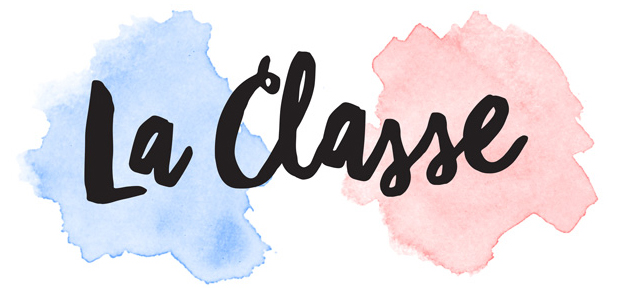Whether you're an expat who wishes to connect with your French friends and colleagues, a partner of a French native and wishes to speak with their family or simply indulge your passion for languages, setting aside dedicated study time is crucial for making fast progress in French language. This article will explore the optimal amount of time you should spend studying French each week to achieve faster results.
Set a Study Schedule for Consistency
Consistency is key when it comes to language learning. Instead of sporadic and lengthy study sessions, it's more effective to establish a regular study schedule. Setting aside shorter periods of time throughout the week ensures that you engage with the language more frequently.
This approach aligns with the spaced repetition concept introduced by 19th-century German psychologist Hermann Ebbinghaus. According to Ebbinghaus' research, reviewing new information regularly enhances retention. Therefore, consider dedicating a specific time slot each day or several days a week for French studying.
Spaced repetition is a memorisation method that involves regularly revisiting the information you wish to retain, in order to consolidate it in your memory. The more you revisit a piece of information, the more it becomes anchored in your long-term memory.
Let's say you want to learn some vocabulary or a grammar concept. You will review this information a first time 10 minutes after learning it. Then you revisit it on D+1, then D+7, followed by a revision on D+30, and finally a final repetition on D+180.
Ebbinghaus' Forgetting Curve
Aim for Focused Study Sessions
When determining the duration of each study session, it's essential to balance efficiency and effectiveness. Research conducted by psychologists Henry Roediger and Mark McDaniel suggests that passive reading or simply rereading notes may not be sufficient for long-term retention.
Instead, focus on active learning strategies that engage your cognitive processes. Aim for 10 to 30 minutes of focused study daily, encompassing all four language skills: reading, listening, speaking, and writing. During this time, actively think about new words, phrases, and grammatical structures. Challenge yourself with questions to reinforce your understanding and recall.
Incorporate French into Your Daily Routine
To fast progress in French, immerse yourself in the language beyond dedicated study sessions. Find creative ways to incorporate French into your daily routine. For example, listen to French podcasts during your commute, watch French films in the evening, try cooking French recipes, or engage in conversations or written exchanges with French-speaking friends or family. By surrounding yourself with French language and culture, you'll reinforce your learning and make it more enjoyable.
Adapt Your Study to Your Goals
Consider your specific goals and timeline when determining the amount of time you should dedicate to studying French. If you have a set deadline, such as an upcoming DELF or DALF exam, or if you need to achieve a certain level of proficiency within a particular time frame, you may need to allocate more time for intensive study. In such cases, it can be beneficial to increase the frequency and duration of your study sessions temporarily. The intensive study allows for more focused practice and consolidation of language skills.
Find Your Optimal Balance
While having a recommended study duration is helpful, finding the best balance for you is crucial. Some individuals may thrive with shorter, more frequent study sessions, while others prefer longer, more concentrated periods. Experiment with different approaches and assess your progress and level of engagement. Ultimately, the key is finding a routine you can sustain consistently over time.
Conclusion
Studying French daily is the most effective way of making progress faster. The amount of time you should dedicate to studying French each week depends on several factors, including your goals, schedule, and preferred learning style. Remember, consistency and a genuine passion for the language will ultimately lead to faster progress in your French learning journey.




